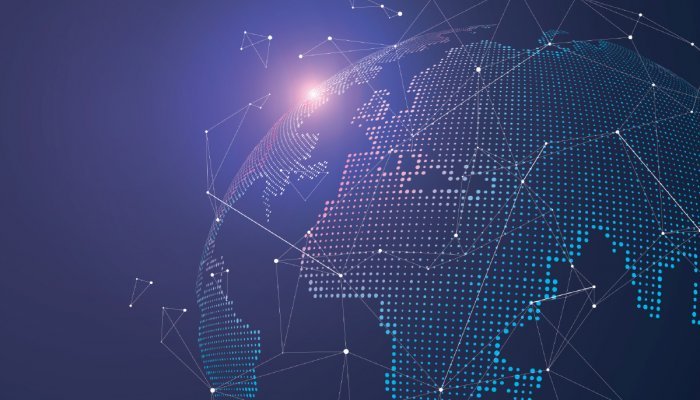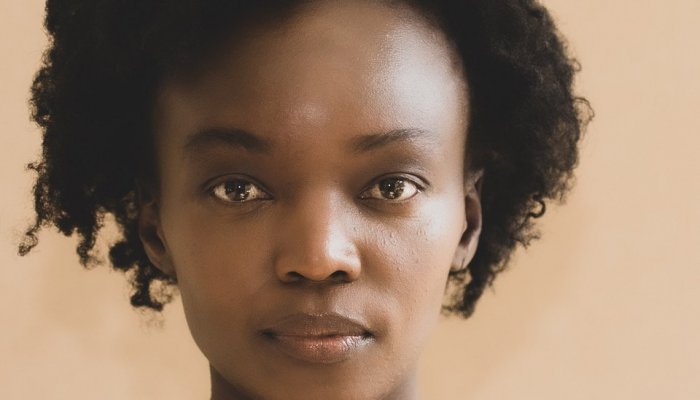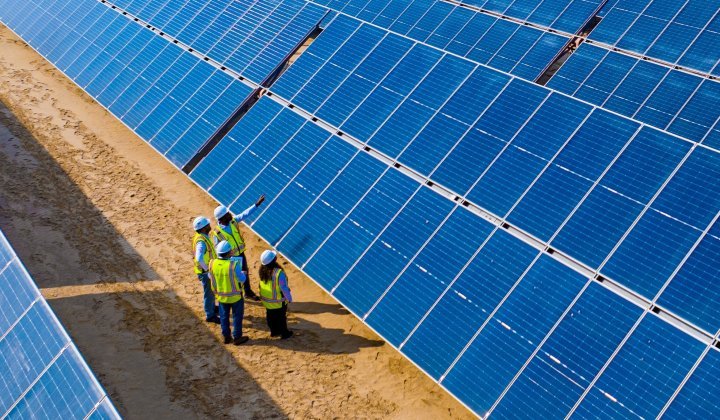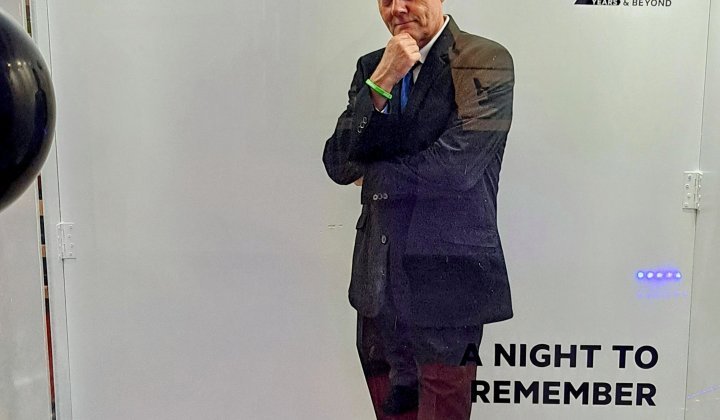Nekesa Were, director of strategy at AfriLabs, was first inspired to get involved in the tech industry thanks to her obsession with efficiency. Her belief is that people and products should work as advertised and that technology, when used well, makes this more likely to happen. More than that, she has always been drawn to the fact that “tech is a tool with huge potential for what one can use it for”.
“I’ve been in the tech and innovation space for a decade and what’s constantly inspired me is the opportunity to participate in the development of tech products,” she says. “Building tech products doesn’t only require a techie; its success is also dependent on the involvement of people who would likely use the product – people who can offer intellectual property advice, and people who can mentor the leadership team for the product, and so on. So, I was also inspired to get involved in the tech industry because there was a clear need for my skill to support leadership and strategy teams.”
Her role at AfriLabs involves keeping a close eye on what is new and interesting across the African innovation landscape. She’s constantly looking for news on hubs being launched or programmes that support entrepreneurs; impact reports from tech and innovation companies; as well as new or proposed legislation affecting the start-up and SME ecosystem that AfriLabs should keep an eye on or plug into. Looking at this ensures that AfriLabs continues to play its role as a support system for innovation and entrepreneurship.
“It always catches people by surprise when I mention that we have a membership of 240 innovation centres spread across 48 African countries,” she says. “Few other organisations can have that kind of reach. Right now is also an exciting time for AfriLabs as we work on our 2021-2025 strategy. That’s why I’m also looking at projects and programmes we’re running and keeping my team honest to ensure that we don’t deviate from that strategy.”
Innovators dream big
AfriLabs is always on the lookout for potential partners it should be working with. Were recognises that the network is stronger when it works with people and organisations that share its vision, which is why she spends much of her time talking to interesting people and thinking with them about ways they can collaborate.
“I love listening to people’s ideas and watching these ideas come to life,” she says. “Innovators dream big, and it’s beautiful to watch. I love that I can be there to encourage them to keep at it. I also love to see them turn these ideas into products and services, and to watch these products and services scale. Their impact stories give me life!”
Granted, sometimes the ideas may not see the light of day, but for Were, the opportunity to see innovators bounce back with fresh ideas is something that inspires her, too. It’s why she wishes that players in the African tech industry – including governments, civil society, the private sector, academia, hubs, and innovators – would talk to each other more than they do.
“We all need to find a way to listen to each other and trust each other more,” she says. “If all our work started from a place of mutual trust and open innovation, we would quickly work our way out of all these perennial challenges that Africa faces, and we would have a fighting chance of meeting and surpassing the African Union’s Agenda 2063, the United Nations Sustainable Development Goals, and all other goals we’ve set. More importantly, we’d find that as an ecosystem, as businesses, and as humans, we’re so much more fulfilled.”
Innovation is everywhere
Indeed, Were is a firm believer that innovation requires ecosystems. The best way to measure the maturity of an ecosystem is in the level of collaboration between the different players.
“There are various stakeholders and community members that are critical for innovation,” she says. “Each one plays a significant role in creating value in the larger ecosystem by transforming new ideas into reality. Every member of the ecosystem depends on other members in order to thrive.”
Mature ecosystems like Silicon Valley have advantages: more complete teams targeting problems and creating more fundable companies beyond the early stages; easier access to funding; easier exits thanks to simpler integrations; clearer frameworks for government involvement; and many more. That is why, to help Africa’s innovation ecosystem move towards maturity faster, AfriLabs built its pan-African network of hubs in the first place.
“Innovation is happening everywhere, from Cote d’Ivoire to Mali, to Togo to Libya,” she says. “That’s why we want to leverage our network to amplify opportunities and increase growth. We’ll use this growing network of national and subnational innovation centres to surface deep tech companies that we can support together as they build resilient solutions for Africa and the world.”
Deep Tech in Africa
It may seem obvious that a food vendor or a boutique owner is more likely to communicate better about their product, and have access to their customers, if they take advantage of technology like e-commerce platforms. But what about tools that go beyond this?
TechWorks defines deep tech as “technology based on tangible engineering innovation or scientific advances and discoveries”. For Were, there’s huge potential for its use in Africa. “Once we understand the potential impact of deep tech solutions, then we must invest in ecosystems that support them,” she says.
Here are three of her standout examples:
- Across Africa, farming can be a risky business. Crop or livestock diseases can wipe out years of investment in a few weeks. Farmers are looking for solutions that offer warning systems of such incidences, and some form of protection of their investments. Vets Ark collects animal data and trains machine learning algorithms to predict disease outbreaks and send data to farmers to help them better prepare themselves. This is helping the farmers prevent or manage diseases and reduce losses. To date, 3,000 farmers have been served by this product, and US$80 million in livestock value has been saved.
- Respiratory disease (which is a global challenge as well, especially now in the middle of a global pandemic) can spread easily, is expensive to treat, and can be fatal. Tambua Health uses lung sound analysis to transform the diagnosis and treatment of respiratory diseases around the world. So far, a clinical study showing results comparable to an X-ray in the diagnosis of diseases like pneumonia has been conducted. The team has also received a grant from MIT and Harvard University to improve the diagnosis of respiratory diseases.
- When markets are flooded with counterfeit products, it might leave you embarrassed or uncomfortable if it is an item of clothing, but it can be lethal if that product is medicine. RxAll is a drug-checking technology that solves drug counterfeiting by providing a proprietary AI platform, nanoscanners, and a mobile app to test drugs. This solution has been used by the US Food and Drug Administration, hospitals, pharmacies, and Big Pharma worldwide.






